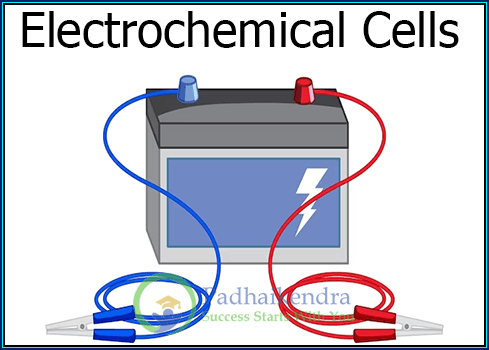Change of state of Matter: Fusion and Vaporization
Change of state of Matter Change of state of matter refers to the physical transformation of a substance from one state (solid, liquid, or gas) to another, typically as a result of changes in temperature or pressure. There are two common types of change of state: Fusion (also known as melting) and Vaporization. Fusion Fusion …
Change of state of Matter: Fusion and Vaporization Read More »










